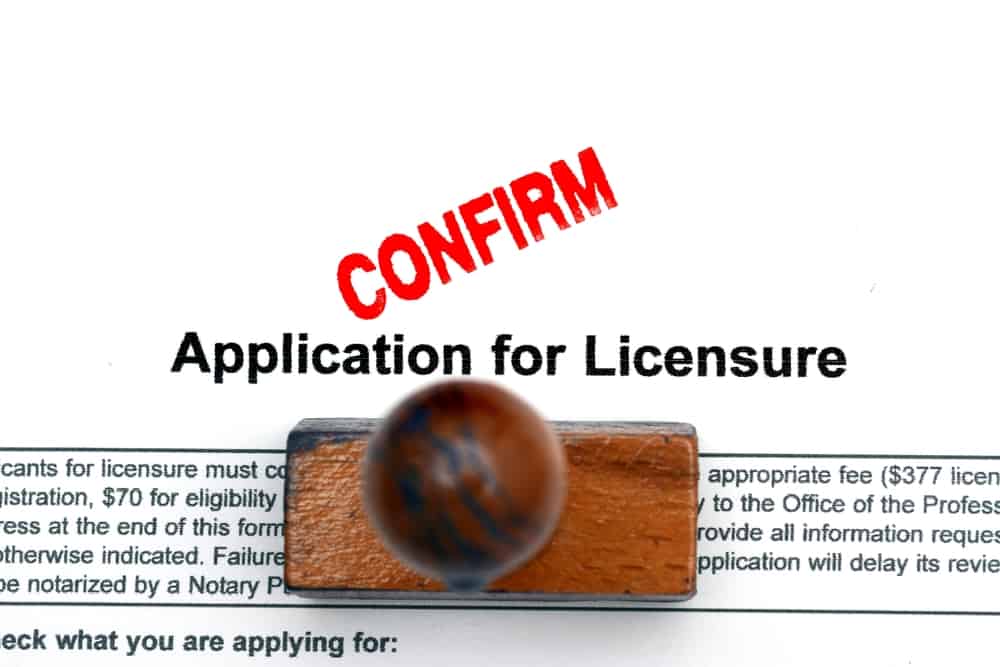In today’s world, most businesses operate e-commerce websites. With more people shopping online rather than at traditional brick-and-mortar locations, it is a growing trend that is only expected to increase in the years ahead. But like any business, there are various legal issues associated with e-commerce sites, some of which are quite different from laws about traditional businesses. Should you be operating an e-commerce website or preparing to do so, here are some tips you should keep in mind.
1- Online Contracts are Enforced
Even though you are not face-to-face with the customer who is buying your product during an e-commerce transaction, online contracts are just as enforceable as are those that are written on paper. While there was much uncertainty about the validity of such contracts in the past, U.S. law has evolved to the point that most courts will now view online contracts as being valid, unless one party can prove the other knowingly committed fraud to complete the transaction.
2- Electronic Signatures
If you’ve conducted any type of business online, you know how prevalent electronic signatures are when completing your transactions. But unlike agreements spelled out on paper that require you to sign your name, in today’s world, an electronic signature is defined by the E-SIGN Act as a sound, symbol, or another process a person uses to sign a record and give their consent. Since this is a very broad definition, it is possible that by simply pressing a number on your phone’s keypad, you will be legally bound by this being viewed as your electronic signature.
3- Stay in Compatibility with FTC Guidelines
Should you want to get your e-commerce business in trouble with the federal government very quickly, choose to not follow guidelines established by the Federal Trade Commission. In many cases, such problems arise when an e-commerce business fails to properly protect customer data including names, addresses, credit card information, Social Security numbers, and other critical data. When this happens, past history shows customers have successfully pursued legal actions based on breach of contract or using state laws related to deceptive or unfair trade practices.
4- Always have Legitimate Reviews
If you want to make sure your e-commerce business loses all credibility with customers, have fake reviews online. When this happens, your website will not only lose legitimacy with customers but also violate the law. Though many businesses illegally create fake reviews to make their products and services look better, doing so could get you charged with fraud and being accused of deceptive marketing practices. Thus, whether you offer water transfer printing supplies or any other type of product online to customers, always have legitimate reviews on your site for potential customers to read.
Create Proper Business Agreements
Remember that just because you have an e-commerce business, this does not mean you don’t need proper business agreements with your partners. In fact, you may need them even more, since this area of law and business is constantly evolving. Therefore, always work with an attorney to create contracts and other agreements that will be enforceable and to your benefit.
By keeping these tips in mind and getting any questions answered by an attorney specializing in e-commerce law, you can avoid many common problems associated with such businesses.



